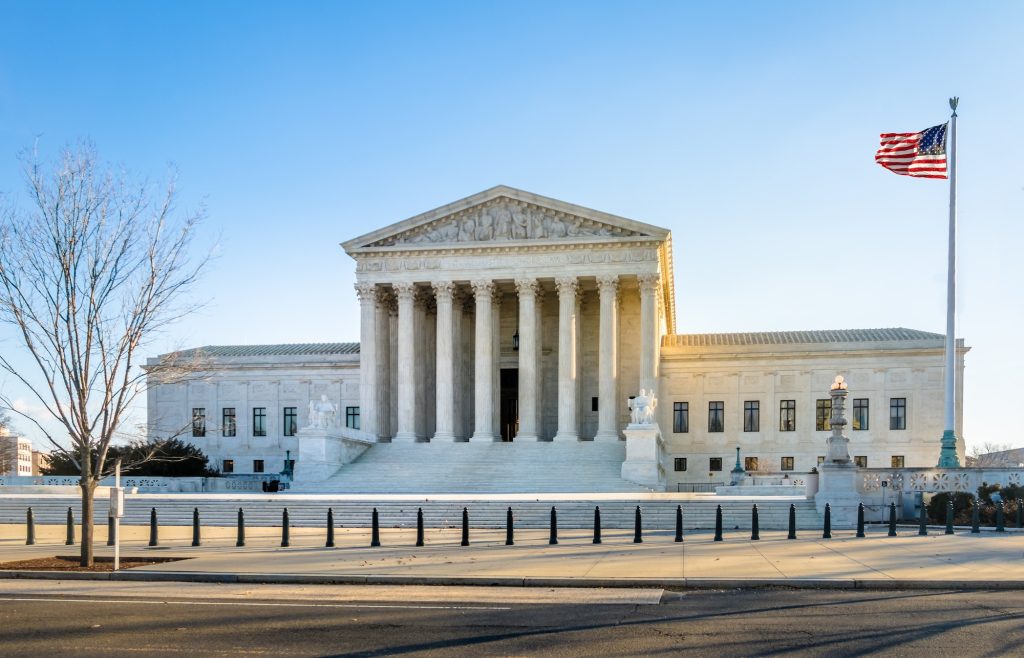
































Amidst the recent barrage of content-related lawsuits against big tech, the US Supreme Court provided Google and Twitter respite, strengthening Section 230 of the Communications Decency Act, which stipulates that an 'interactive computer service' cannot be treated as the publisher or originator of third party content.
The US Supreme Court issued rulings in two cases, Gonzalez v. Google, LLC, and Twitter, Inc. v. Taamneh, which involved claims related to the Justice Against Sponsors of Terrorism Act (JASTA) and Section 230 of the Communications Decency Act. The Court's decision in the Taamneh case played a significant role in shaping the outcome of the Gonzalez case. The plaintiffs in both cases argued that Google and Twitter had aided and abetted terrorism by hosting and facilitating ISIS-related content. However, the Court found that the plaintiffs' claims did not sufficiently establish that the platforms knowingly provided substantial assistance to ISIS, thereby sidestepping the need to address Section 230.
The Court's decision maintained the status quo, with Section 230 providing broad protection for internet platforms. It emphasised that the responsibility for imposing stricter obligations on platforms regarding user content and speech lies with the US Congress. The Court also highlighted the difficulty of imposing distributor liability on platforms for unlawful content and the potential harm and uncertainty it could create.
The rulings in these cases may have implications for future legal challenges to state laws seeking to limit social media companies' content moderation abilities. The Supreme Court may face these challenges in the upcoming term and will likely have to interpret Section 230 further. Conservative justices may have reserved their arguments regarding Section 230 for these cases, which are more relevant to the platform immunity scope. Ultimately, while the Gonzalez case did not challenge Section 230 directly, the Florida and Texas cases may pose a greater threat to its strength and impact.
'Section 230' refers to Section 230 of the Communications Decency Act, a law passed by the US Congress in 1996. It protects online platforms and service providers from liability for user-generated content posted on their platforms. Essentially, it shields platforms from legal responsibility for the content created by their users, protecting them from being treated as publishers or speakers of that content. This means that platforms like social media sites, search engines, and online forums are generally not held legally accountable for the actions or statements of their users.
 Etiquetas calientes:
Política de contenidos
Jurisdicción competente
Etiquetas calientes:
Política de contenidos
Jurisdicción competente